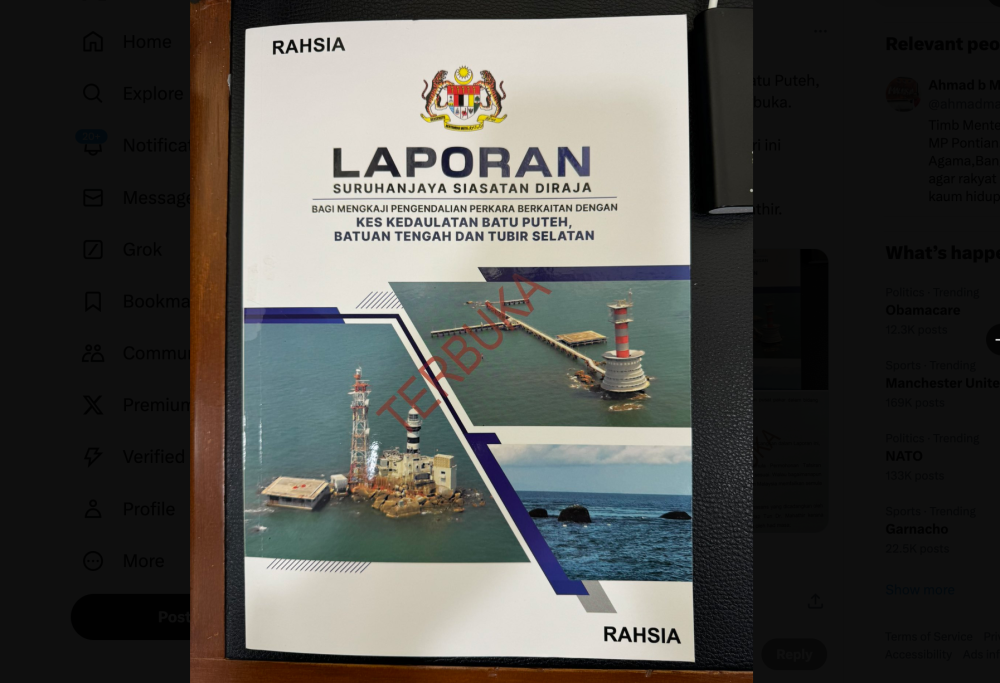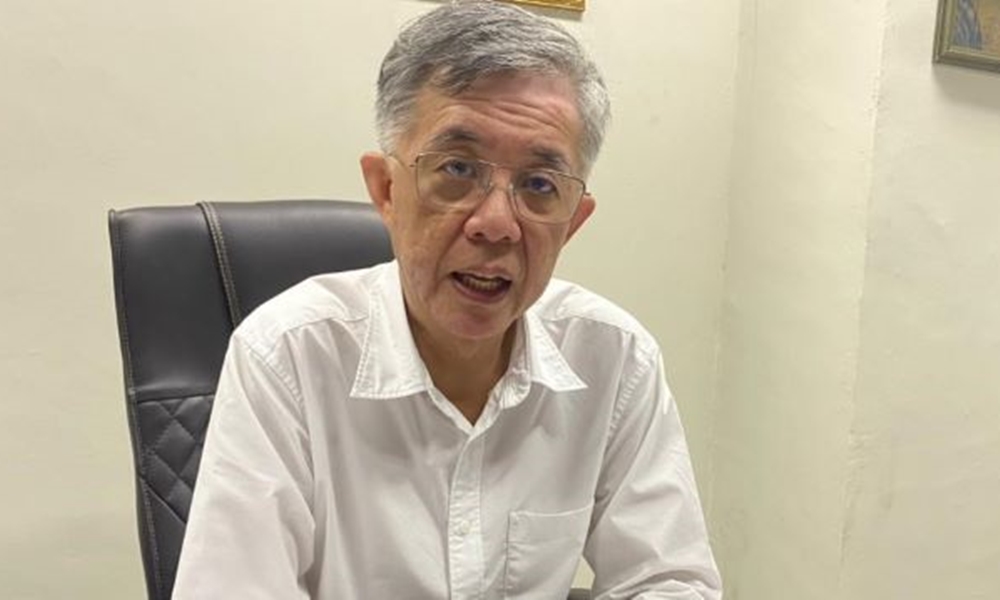JULY 24 — All decisions made by the Public Prosecutor (PP) aka Attorney General (AG) on whether to prosecute or not to prosecute should promote consistency in decision making.
This is where a prosecution policy would be useful.
The policy should outline the relevant factors and considerations which should be taken into account when prosecutors exercise their discretion to institute, conduct or discontinue any proceedings for an offence.
The policy should also serve to inform the public and lawyers of the principles which guide the decisions made by the prosecutors.
In Australia, the Prosecution Policy of the Commonwealth provides a two-stage test that must be satisfied before a prosecution is commenced.
First, there must be sufficient evidence to prosecute the case. Second, it must be evident from the facts of the case, and all the surrounding circumstances, that the prosecution would be in the public interest.

In December 2024, a Royal Commission of Inquiry (RCI) recommended a criminal investigation against Dr Mahathir under Section 415(b) and Section 418 of the Penal Code. — Picture from X/ahmadmaslan
In determining whether there is sufficient evidence to prosecute a case the prosecutors must be satisfied that there is prima facie evidence of the elements of the offence and a reasonable prospect of obtaining a conviction. The existence of a prima facie case is not sufficient.
In making this decision, the prosecutors must evaluate how strong the case is likely to be when presented in court.
They must take into account matters such as the availability, competence and credibility of witnesses, their likely effect on the arbiter of fact, and the admissibility of any alleged confession or other evidence.
The prosecutors should also have regard to any lines of defence open to the alleged offender and any other factors that could affect the likelihood or otherwise of a conviction.
The possibility that any evidence might be excluded by a court should be taken into account and, if that evidence is crucial to the case, this may substantially affect the decision whether or not to institute or proceed with a prosecution.
The prosecutors must look beneath the surface of the evidence in a matter, particularly in borderline cases.
Having been satisfied that there is sufficient evidence to justify the initiation or continuation of a prosecution, the prosecutors must then consider whether the public interest requires a prosecution to be pursued.
In this regard, the prosecutors must consider all of the provable facts and all of the surrounding circumstances.
The public interest factors to be considered inevitably vary from case to case, but the following may be considered:
- whether the offence is serious or trivial;
- any mitigating or aggravating circumstances;
- the youth, age, intelligence, physical health, mental health or special vulnerability of the alleged offender, witness or victim;
- the alleged offender’s antecedents and background;
- the passage of time since the alleged offence;
- the availability and efficacy of any alternatives to prosecution;
- the prevalence of the alleged offence and the need for general and personal deterrence;
- the attitude of the victim;
- the need to give effect to regulatory or punitive imperatives; and
- the likely outcome in the event of a finding of guilt.
The above are not the only factors, but generally the more serious the alleged offence is, the more likely it will be that the public interest will require that a prosecution be pursued.
The decision to prosecute must be made impartially and must not be influenced by any inappropriate reference to race, religion, sex, national origin or political association.
The decision to prosecute must not also be influenced by any political advantage or disadvantage to the government.
If age is just a factor and not the only factor to prosecute a case, why the decision not to pursue legal action against former prime minister Tun Dr Mahathir Mohamad over Malaysia’s withdrawal of its claim to Pulau Batu Puteh?
In December 2024, a Royal Commission of Inquiry (RCI) recommended a criminal investigation against Dr Mahathir under Section 415(b) and Section 418 of the Penal Code.
Dr Mahathir said then that he was prepared to face any investigation and emphasised his integrity during his time as prime minister.
Let there be an investigation. It is not even a prosecution, not yet.
* This is the personal opinion of the writer or publication and does not necessarily represent the views of Malay Mail.






